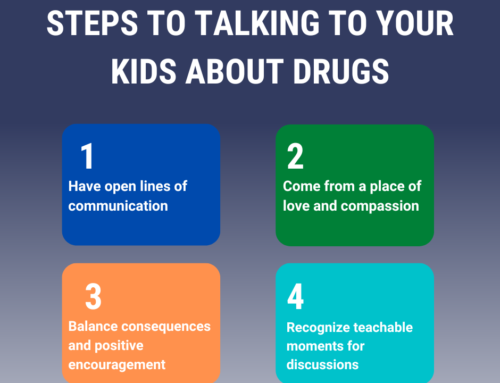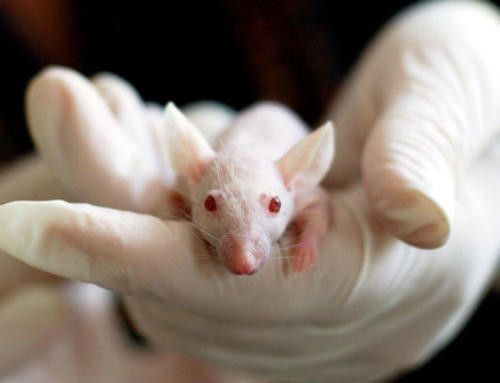Marijuana is the third most commonly used drug worldwide, behind tobacco and alcohol. People often don’t take marijuana addiction seriously because it is so familiar, it’s grown rather than synthesized or refined, and its effects are relatively mild compared to other drugs. However, marijuana is a serious problem if you’re addicted to it. It may even require treatment.
Just because a drug is common doesn’t mean it can’t be dangerous. No one would suggest alcohol addiction isn’t dangerous or that it doesn’t require treatment. Tobacco is perhaps the most addictive drug and it kills more people every year than alcohol and opioids combined, despite being legal almost everywhere.
The problem is not the substance itself but your relationship to the substance. If using marijuana has become your top priority, you have probably lost control. Symptoms of marijuana addiction include craving the drug and looking forward to using, spending way too much money on it–especially if you have to borrow or steal money–cancelling plans or skipping important appointments to use, or lying about how much or how often you use.
Perhaps the biggest sign of addiction is that you want to quit using but you can’t. You may feel you need it to function normally, or you may fear withdrawal. Withdrawal symptoms can occur when you quit abruptly after several months of regular heavy use. They include anxiety, irritability, insomnia, depression, and possibly flu-like symptoms such as stomach ache, headache, chills, sweating, and shaking. There typically isn’t much that can be done for marijuana withdrawal, except possibly a THC taper or some mild medication for insomnia. The main benefit of entering clinical detox would be to ensure you follow through and begin a treatment program.
The long-term effects of marijuana abuse include impaired concentration and memory, problems learning, impaired coordination, and anxiety. Ironically, many people begin using marijuana in the first place as a way to manage anxiety, but too much can actually make it worse.
The biggest danger is the addiction itself. When the drug becomes your priority, the other parts of your life suffer. Your performance at school or work may decline. You may alienate family and friends. You may spend all your money and get into dept. You may get into legal trouble. Most of these are probably worse than the effects of the drug itself, although it’s hard to estimate the cumulative impact of impaired cognition over the course of years or decades. What’s more, since marijuana is still illegal in most areas, buying and using it puts you around other more addictive and dangerous drugs, increasing your exposure to other addictions.
If you want to quit using marijuana, but can’t, then you need help. Thankfully, help is available and a brighter future free from marijuana addiction is possible.
Located in downtown Midland, The Springboard Center’s mission is to offer programs and services to treat alcohol and drug addiction treatment using an evidence based curriculum, 12 step programs, diet, nutrition, exercise, emotional, mental and spiritual development for a long recovery. For more information, please call us at 432-620-0255 as we are open 24 hours a day, 7 days a week.




